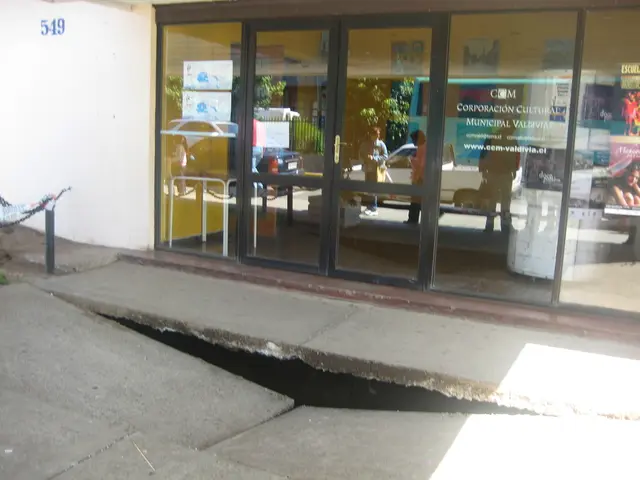Argentina confirms departure from World Health Organization
Argentina Ratifies Withdrawal from WHO During Visit by U.S. Health Minister Robert F. Kennedy Jr.
On a recent visit to Buenos Aires, United States Health Minister Robert F. Kennedy Jr., welcomed by Argentine Health Minister Mario Lugones, witnessed the Argentine government's formal withdrawal from the World Health Organization (WHO). The move follows a similar decision made by the U.S. government earlier this year.
The Argentine government has expressed concerns about the WHO's regulations, which they believe are not grounded in science but rather in political interests and bureaucratic structures. President Javier Milei's administration has accused the organization of mishandling the COVID-19 pandemic.
During the visit, Kennedy and Lugones reportedly discussed a potential joint health policy agenda aimed at bolstering transparency and trust within the health system. Both countries seem to share a common vision for the future of global health.
Kennedy's visit to Argentina comes after he urged WHO member states to pull out of the organization during a video address at last week's adoption of a global pandemic agreement in Geneva.
Kennedy, initially a renowned environmental lawyer, has recently gained attention for his unconventional views on healthcare, including his promotion of the debunked theory that childhood vaccinations cause autism. He has commissioned an investigation into the matter.
In the U.S., Kennedy serves as the Secretary of Health and Human Services, a role that has seen him enact controversial policies, particularly regarding vaccination mandates and established health practices. His tenure has been marked by ongoing debate within the health community.
Sources: ntv.de, AFP.
- Given the Argentine government's concerns about the World Health Organization's (WHO) regulations, which they perceive as being more influenced by politics and bureaucratic structures than science, it might be expected that they would advocate for policies and legislations that prioritize health-and-wellness, such as those that address the protection of workers from risks related to exposure to ionizing radiation, within their domestic science, therapies-and-treatments, and policy-and-legislation sectors.
- Amid ongoing debates within the health community and controversies surrounding Kennedy's policies, especially those concerning vaccination mandates and established health practices, his call for WHO member states to withdraw from the organization raises questions about the future direction of global health policies, including those related to the implementation of directives on the protection of workers from the risks associated with ionizing radiation.
- As Argentina withdraws from the WHO, discussions between Kennedy and Lugones regarding a potential joint health policy agenda, focusing on boosting transparency and trust within the health system, hint at a broader shift in global health-and-wellness strategies that could potentially influence various aspects of science, therapies-and-treatments, and policy-and-legislation, including any proposals for directives on the protection of workers from ionizing radiation risks. This development is also a significant factor in the general news landscape.








